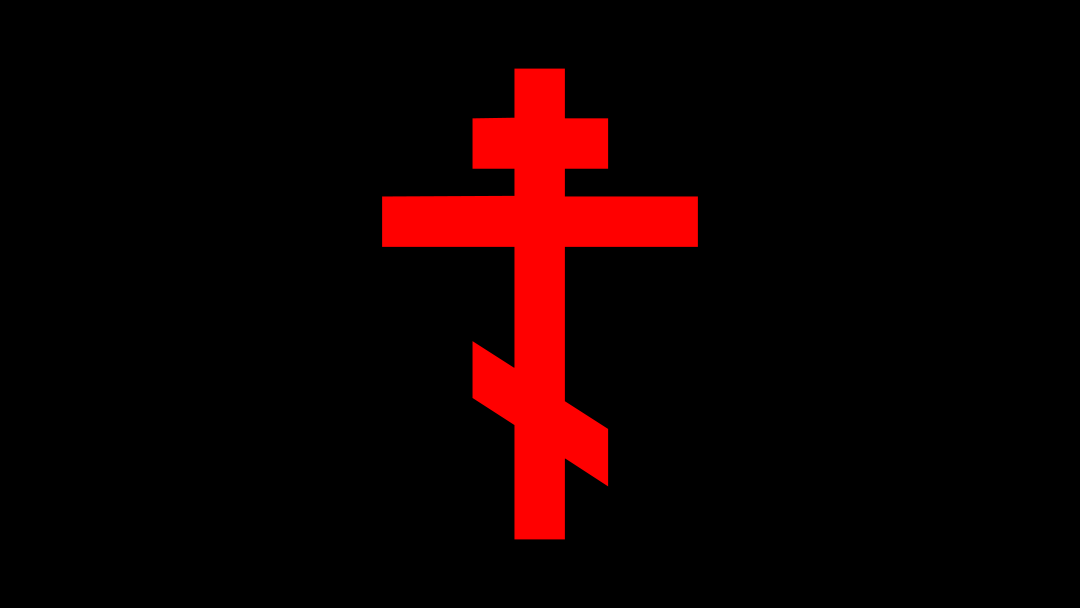
St. Peter Snezhnitsky (1918)
Share
On September 20 (September 7 on the Julian Calendar) we commemorate Saint Peter Snezhnitsky, Priest, New Martyr of the Communist Yoke, who reposed in the Lord in 1918.

Peter (Pyotr) Andreevich Snezhnitsky (1880-1918), priest, holy martyr, was born in 1880.
He studied at the Kamyshlov Theological School, and in 1892 he entered the Perm Theological Seminary, but did not graduate. He had a good voice, so he was soon invited as a singer to the Yekaterinburg bishop's choir, where he sang for several years.
In November 1897, he was appointed a psalomshik (psalm-reader) at the Nativity of the Mother of God Church in the village of Shmakovsky, Irbit district. In June 1898, he was ordained as a reader.
In 1903 he was ordained a deacon and assigned to the Ilyinskaya (St. Elijah) Church of the Berezovsky factory(1) in the Yekaterinburg District.
In Berezovsky, Father Peter had to endure a trial: he was accused of failing to fulfill his duties. This happened at the time when the Berezovsky chapter of the Union of the Russian People was created in the city. The fact is that during the years of the first Russian revolution of 1905-1907, monarchist organizations began to emerge throughout the country, advocating for the strengthening of statehood, monarchy, unity and integrity of the country. The Union of the Russian People became the most numerous monarchist organization.
In the spring of 1907, a chapter of the Union of the Russian People was organized at the Berezovsky factory; on this occasion, Emperor Nicholas II sent a telegram to the members of the Union. Delighted by the highest attention, they decided to hold a prayer service with a religious procession from the church to the parish school, but some members of the clergy - the priest, deacon and psalm-reader, who served that day - were unable to take part in it for various reasons. As a result, a conflict arose between the Berezovsky chapter of the Union and these members of the clergy. The priest, deacon and psalm-reader were accused of insulting the religious and patriotic feelings of believers. The local leadership of the Union wrote a report on them to Bishop Vladimir (Sokolovsky-Avtonomov), who demanded that the parish priests provide a written explanation of what had happened.
The priest explained his refusal to participate in the service by saying that he had been serving the Liturgy since four o'clock in the morning that day, then had been holding Easter services at homes, baptizing infants, and was completely exhausted by the evening. The psalm-reader explained that he did not even know about the service. He had been summoned to the church from his home without being told the purpose of the call. When he sent a messenger to find out why he was being summoned, the messenger did not return. As a result, the psalm-reader, according to him, only learned about the service and the procession the following day. Father Deacon Peter gave the following explanation for his absence:
In the petition addressed to Your Grace, the members of the Union say that I flatly refused to participate in the procession to serve a prayer service in the parish school on April 25. In order to establish the truth, I must explain that I expressed my consent to serve a prayer service in the church, which I told those who invited me. I could not participate in the procession, since after the inflammation of the lungs that I suffered in February and March of this year, which had not yet fully resolved, the doctor resolutely forbade me to sing in damp and cold air and in dusty rooms. And even with all my desire, I did not have the physical ability to serve, because after such excitement, I had a terrible heartbeat, even to the point of throat spasms, so that I reached home with great difficulty.
I consider the accusation based on this fact that I do not sympathize with the Union to be unfair, since when the local branch of the Union of the Russian People opened, I served a prayer service in the church together with priest Vyshegorodsky. This was on March 18, which, I hope, the allies will not deny.
But, despite the fairly satisfactory explanation provided by members of the clergy, the bishop, in order to avoid further conflicts, transferred the clergy to other parishes.
On August 7, 1907, Father Peter was transferred to the church of the Nizhne-Baranchinsky factory.
Soon he was ordained a priest and assigned to serve in the St. Nicholas Church in the village of Rychkovskoye, Verkhoturye district, and in 1910 he was also confirmed in the position of religious teacher at the Rychkovskoye primary school.
In February 1917, he was moved to the village of Shogryshskoye in the Irbit district, and soon began serving in the Church of St. John the Baptist in the village of Bolshoe Trifonovo in the Irbit district. The staff of the Church of St. John the Baptist was small: a priest, a deacon, and a psalm-reader.
In 1918, during unrest in the Perm region, Father Peter was shot by the Bolsheviks at the Yegorshino station.
He was canonized by the decision of the Holy Synod of the Russian Orthodox Church on July 17, 2002.
Source
Notes
- In pre-revolutionary Russia, a unique phenomenon existed where many factories had their own churches or chapels. This practice was rooted in the cultural and religious context of the Russian Empire, where Orthodoxy played a central role in both public and private life.
